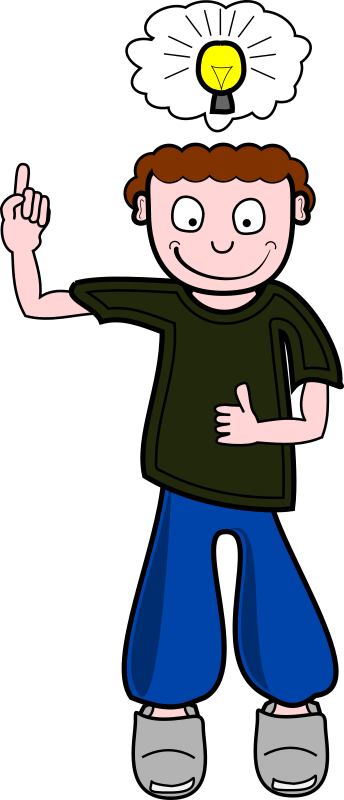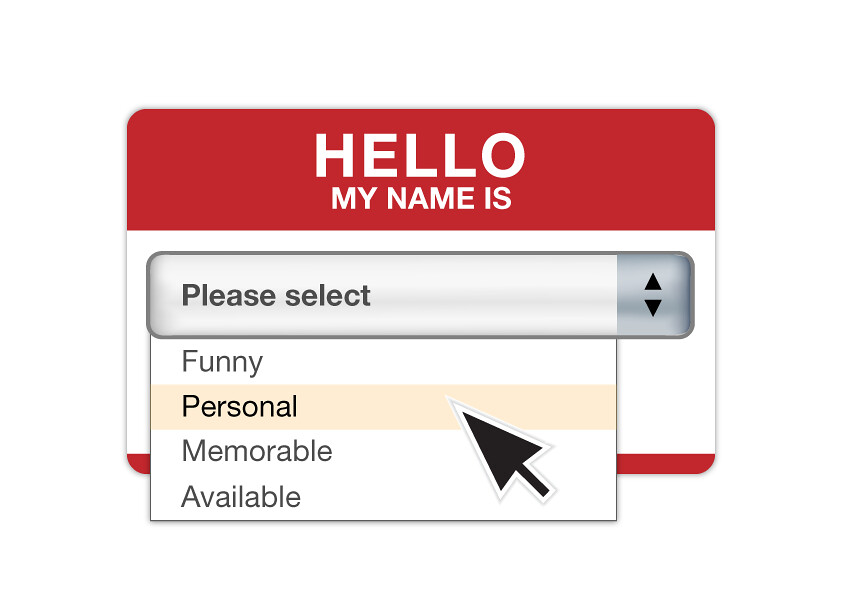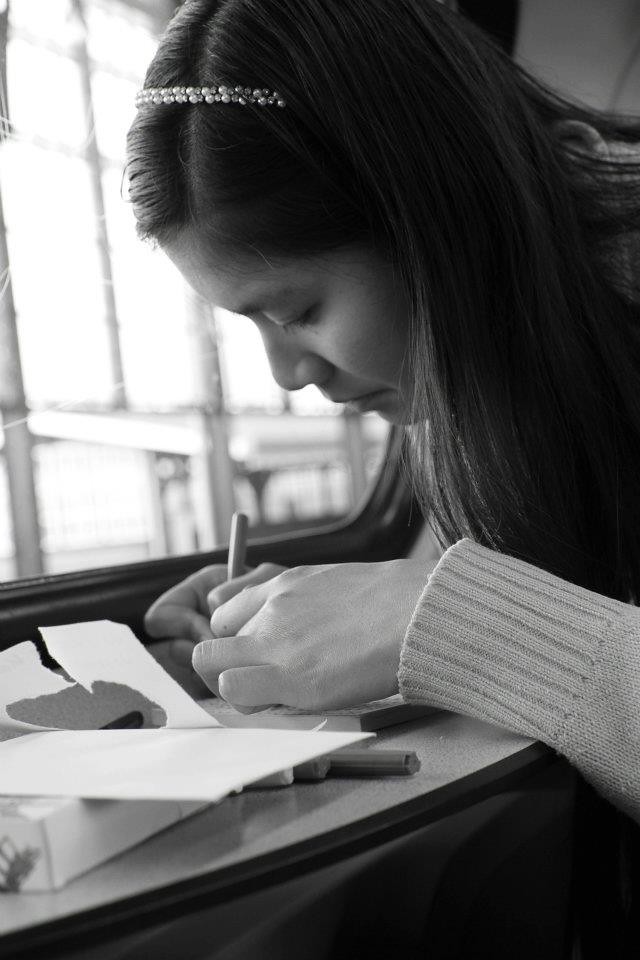Not all authors choose one side or the other, you know. Some keep one foot firmly planted in the old, established world of traditional publishing, and the other foot floating on the cloud of digital age technology and ebook publishing. Some authors are not just one thing, but two. These are the hybrid authors, and they are suddenly everywhere.
Classic By Day, Modern By Night
Hybrid authors are the "in" thing right now in the literary world. These are authors who digitally self-publish ebooks, but still traditionally publish paper books. Some authors do this by keeping entire pen names separate. Others may write certain books intended for self-publishing. And still others hang on tenaciously to the digital rights for all their books, selling off the rights piecemeal to traditional publishers while holding onto the rest. No matter what type, hybrid authors are out there. Should you be one of them?
























